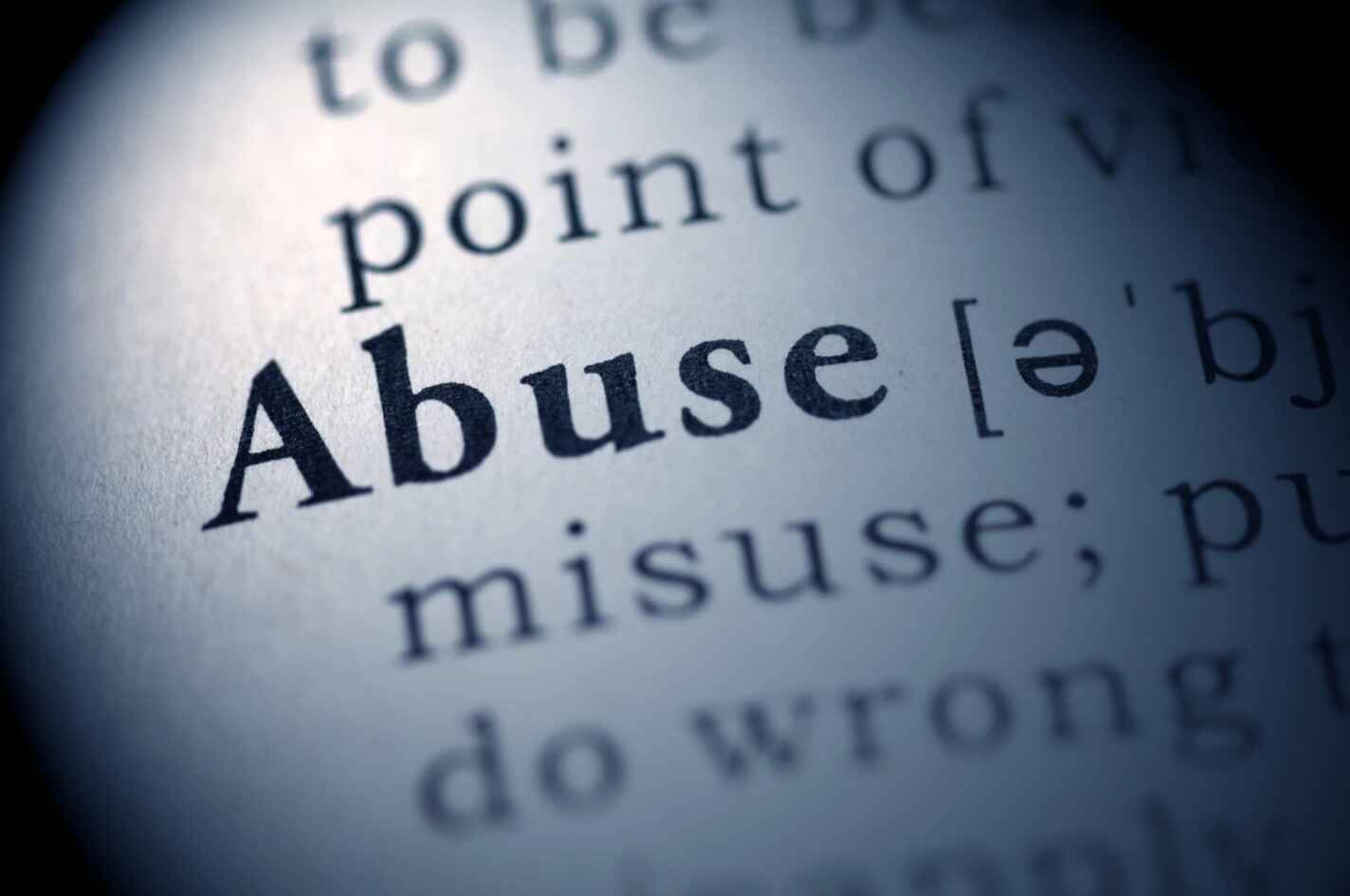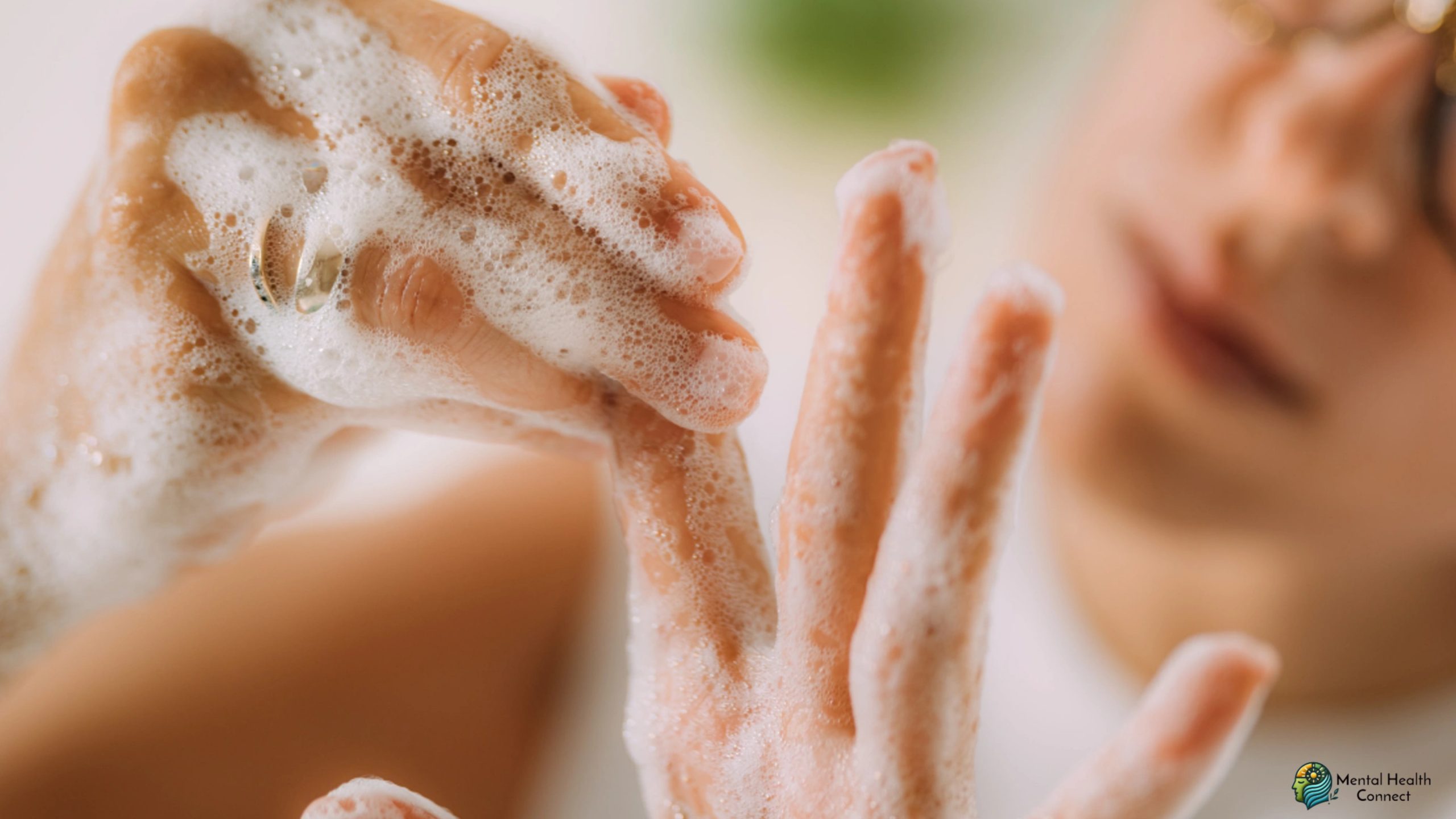Resources for Overcoming Abuse: Connect with Licensed Therapists Today

Abuse whether emotional, physical, psychological, or sexual leaves deep and lasting scars. Survivors often face challenges such as anxiety, depression, low self-esteem, PTSD, and difficulty forming trusting relationships. While the path to recovery can be complex, connecting with licensed therapists and reliable resources is a vital step toward healing.
Why Seek Professional Help?
Overcoming abuse is not just about surviving; it’s about reclaiming control, rebuilding self-worth, and finding hope. Licensed therapists provide:
- Safe Spaces: A nonjudgmental environment to process trauma.
- Healing Tools: Techniques like Cognitive Behavioral Therapy (CBT), Eye Movement Desensitization and Reprocessing (EMDR), or somatic therapy to address the emotional and physical effects of abuse.
- Guidance on Boundaries: Help in establishing healthy relationships moving forward.
Key Resources for Survivors
1. Licensed Therapists
Therapists trained in trauma recovery specialize in understanding abuse dynamics and their impact. Finding the right therapist is essential. You can:
- Search Online Directories: Platforms like Psychology Today, TherapyDen, and BetterHelp allow you to filter therapists by specialty, including trauma and abuse.
- Explore Telehealth Options: Virtual therapy platforms provide convenient access to professionals, especially for those in remote areas or with privacy concerns.
2. Support Groups
Survivors often find comfort in sharing their experiences with others who understand. Local and online support groups foster community and validation. Organizations such as:
- RAINN (Rape, Abuse & Incest National Network)
- DomesticShelters.org
- National Coalition Against Domestic Violence (NCADV)
These groups provide safe spaces for survivors to connect and heal.
3. Hotlines and Emergency Support
Immediate support is available through hotlines offering crisis intervention and guidance:
- National Domestic Violence Hotline: 1-800-799-SAFE (7233)
- Childhelp National Child Abuse Hotline: 1-800-4-A-CHILD (422-4453)
- RAINN National Sexual Assault Hotline: 1-800-656-HOPE (4673)
These services are confidential and often available 24/7.
4. Educational Resources
Understanding abuse and its effects is an empowering step in recovery. Free articles, videos, and workbooks from organizations like Mental Health America and the Trauma Recovery Network can help you gain insight and coping skills.
The Role of Therapy in Recovery
Therapy helps survivors work through the complex emotions tied to abuse. Popular approaches include:
- Trauma-Informed Care: Ensures therapy is sensitive to the survivor’s experience, prioritizing safety and empowerment.
- CBT: Focuses on identifying and changing negative thought patterns.
- EMDR: Aims to desensitize and reprocess traumatic memories.
- Somatic Therapy: Addresses how trauma is stored in the body, promoting physical and emotional release.
Taking the First Step
Reaching out for help can feel daunting, but it’s the first step toward healing. Consider these tips:
- Start Small: Research resources or join a support group to ease into the process.
- Set Goals: Identify areas you want to address, such as self-esteem, anxiety, or boundary-setting.
- Choose Your Support System: Whether it’s a therapist, counselor, or a group of peers, prioritize finding someone you trust.
Connect with Licensed Therapists Today
You don’t have to face the journey of recovery alone. Licensed therapists, counselors, and psychiatrists are here to help you navigate the complexities of overcoming abuse. With telehealth options, in-person sessions, and countless supportive resources, assistance is closer than ever. Take the first step toward reclaiming your life and building a healthier, happier future.
-
 How to Support Someone with OCDApril 17, 2025
How to Support Someone with OCDApril 17, 2025 -


Leave a Reply